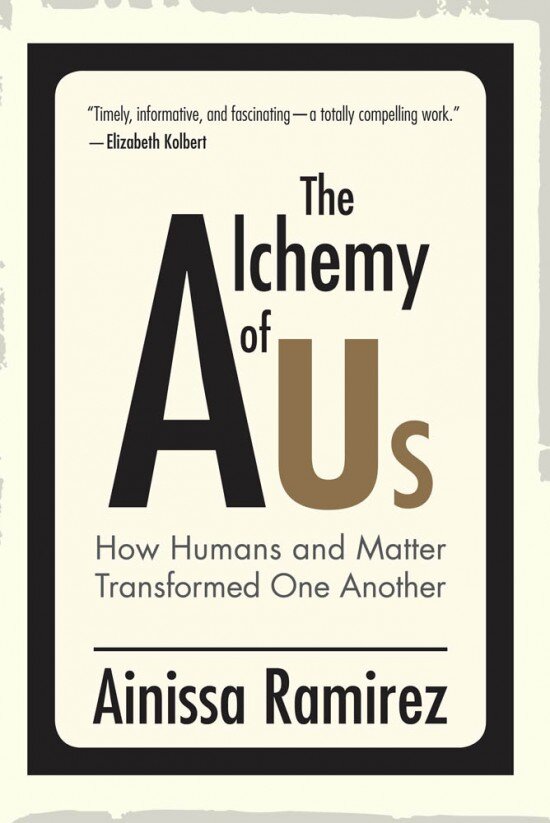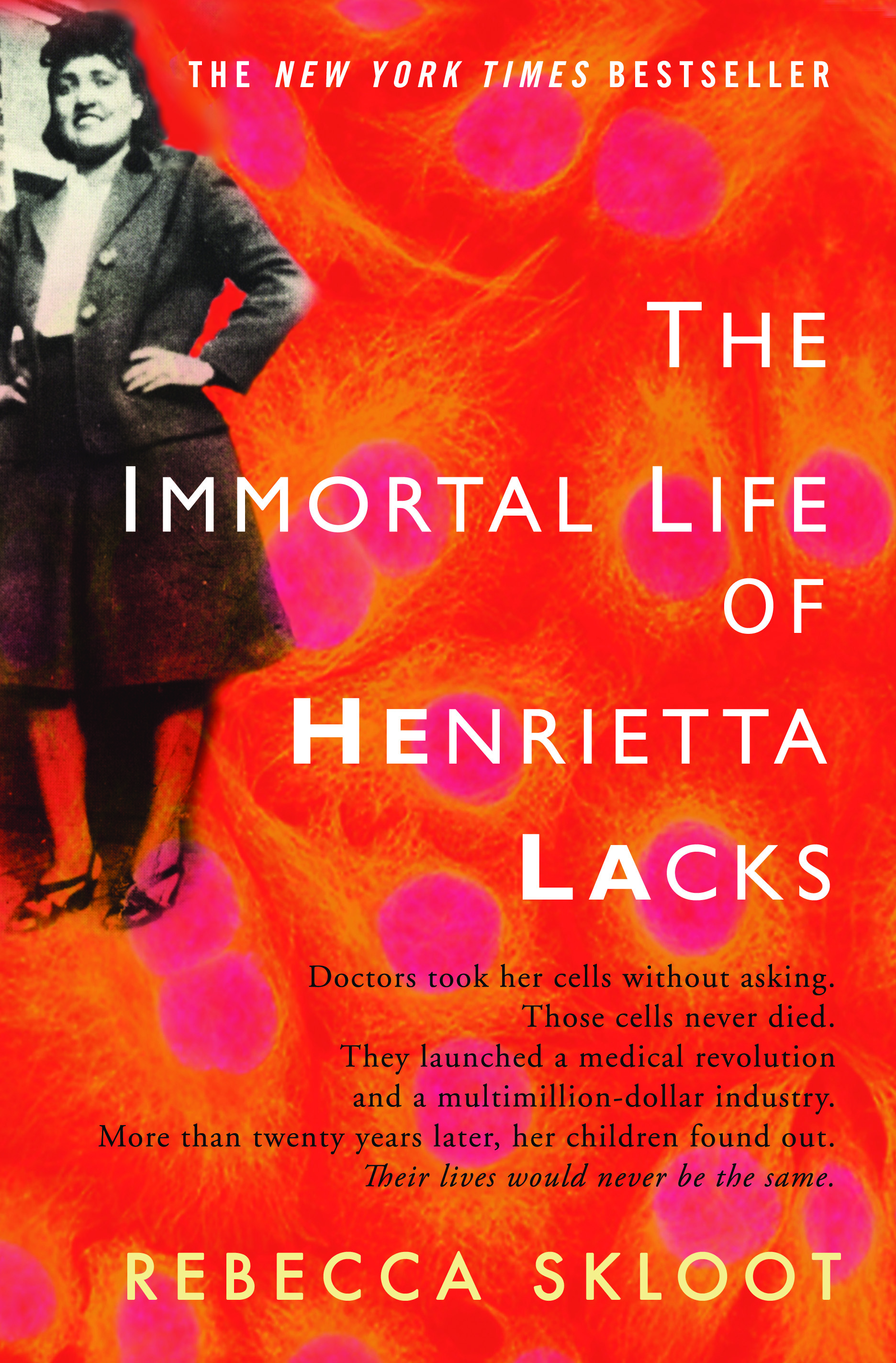Join an African American Read-In
During the month of February, the National Council of Teachers of English (NCTE), in partnership with its Black Caucus, invites the public to join over a million readers as part of the annual National African American Read-In.
Schools, churches, libraries, bookstores, community and professional organizations, and interested citizens are urged to make literacy a significant part of Black History Month by hosting and coordinating “Read-Ins” in their communities. Hosting a Read-In can be as simple as bringing together friends to share a book, or as elaborate as arranging public readings and media presentations that feature professional African American writers.
You can learn more about how to start a Read-In at NCTE's Get Involved Page. Also, check out examples of how others have done Read-Ins. NCTE offers an African American Read-In Toolkit that includes suggested books for all ages, complimentary bookmarks, recent articles, and more. We highly recommend reading and using these resources throughout the year. Studying history is a humble undertaking; it is up to us to understand our nation’s history, especially as it relates to underrepresented communities. Understanding gives us a sense of perspective, which inspires us to find and amplify those underrepresented voices and ultimately shape our nation’s future!
Inspired by the African American Read-In, AAAS/Subaru offers this shortlist of our prize-winning and finalist books that focus on the intersection of African American history and STEM.
The Alchemy of Us: How Humans and Matter Transformed One Another. Ainissa Ramirez. The MIT Press, 2020.
Examine eight inventions—clocks, steel rails, copper communication cables, photographic film, light bulbs, hard disks, scientific labware, and silicon chips—and see how they shaped the human experience. Ramirez tells the stories of the woman who sold time, the inventor who inspired Edison, and the hotheaded undertaker whose invention pointed the way to the computer. She describes, among other things, how our pursuit of precision in timepieces changed how we sleep; how the railroad helped commercialize Christmas; how the necessary brevity of the telegram influenced Hemingway's writing style; and how a young chemist exposed the use of Polaroid's cameras to create passbooks to track Black citizens in apartheid South Africa. These fascinating and inspiring stories offer new perspectives on our relationships with technologies.
The Immortal Life of Henrietta Lacks. Rebecca Skloot. Random House, 2010.
Her name was Henrietta Lacks, but scientists know her as HeLa. She was a poor Black tobacco farmer whose cells—taken without her knowledge in 1951—became one of the most important tools in medicine, vital for developing the polio vaccine, cloning, gene mapping, in vitro fertilization, and more. Henrietta’s cells have been bought and sold by the billions, yet she remains virtually unknown, and her family can’t afford health insurance. The Immortal Life of Henrietta Lacks tells a riveting story of the collision between ethics, race, and medicine; of scientific discovery and faith healing; and of a daughter consumed with questions about the mother she never knew. It’s a story inextricably connected to the dark history of experimentation on African Americans, the birth of bioethics, and the legal battles over whether we control the stuff we’re made of.
George Washington Carver for Kids: His Life and Discoveries, with 21 Activities. Peggy Thomas. Chicago Review Press, 2019.
Considered by many to be the father of the peanut industry, George Washington Carver’s life story is one of such immeasurable importance for the worlds of science and agriculture that it begins to blend myth and reality—and his accolades reflect it. He was the first non-president and the first African American with a national monument. He’s been commemorated on stamps, coins, and even in the naming of schools and United States military vessels. But where does his real legacy live on? In the inventions and discoveries that we still use today. George Washington Carver for Kids tells the inspiring story of this remarkable American. It includes a timeline, resources for further research, and 21 hands-on activities to help better appreciate Carver's genius.
Kid Scientists: True Tales of Childhood from Science Superstars. David Stabler. Quirk Books, 2018.
This collection of short biographies about the childhoods of famous scientists is designed to support young people’s interest in science. Each story starts with the featured scientist’s early inspiration and includes simple activities that any child can do, such as stargazing. NASA research mathematiciean, Katherine Johnson, for example, describes her predilection for counting household items, such as dishes, long before she became a professional mathematician.



